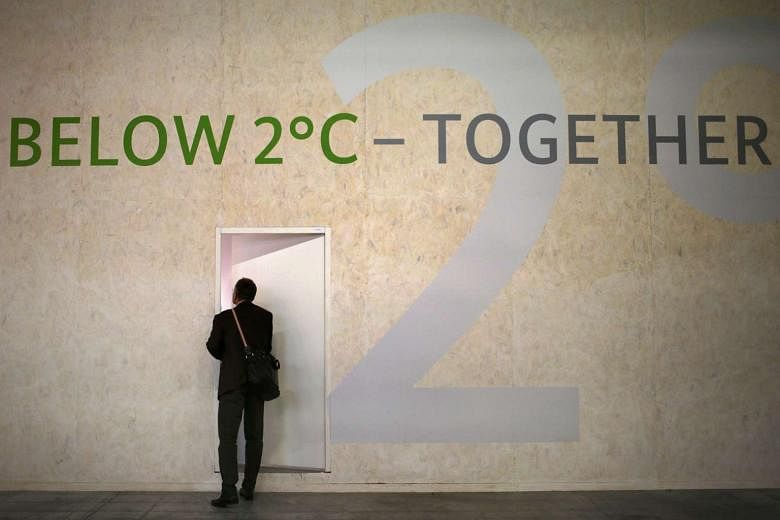STEFFEN BOHM
Professor in Management and Sustainability, and Director, Essex Sustainability Institute, University of Essex, Britain. The Conversation
Even if the world celebrates a Paris climate deal on Dec 11, the process will still have to be regarded as failure. The basic reason is that the unequal distribution of carbon emissions is not even on its agenda.
The historical responsibility of the West is not on the table, nor is a method of national carbon accounting that looks at how much of the emissions is for what a country consumes rather than produces. Instead, what is on the table are expanded and new mechanisms that will allow the rich Western countries to outsource their emission cuts so they can paint themselves green.
Despite 25 years of UN-led climate talks, the world is burning more fossil fuels than ever. This is not simply the fault of big emerging economies such as China, India or Brazil. Instead, what we are dealing with is the fundamental failure of neoliberal capitalism, the world's dominant economic system, to confront its hunger for exponential growth that is made possible only by the unique energy density of fossil fuels such as coal, oil and gas.
The fact that about 80 per cent of historical carbon emissions have to be attributed to the developed countries cannot simply be wished away.
The rapid rise of emissions, particularly in China and India, is often cited as a reason why these rapidly industrialising countries also have to curb their emissions now. I'm not saying that they shouldn't. Both countries clearly have their own imperial ambitions, which they hope to achieve by stimulating massive industrial expansion. But India's carbon emissions per capita are still 10 times lower than those of the United States. And China's rapidly rising emissions are to a great extent driven by export- driven industries, producing consumer goods for the West.
In fact, if a consumption-based approach to carbon accounting is taken, Britain's national carbon emissions would be twice as high as officially reported. This is also true for most Western European countries and the US, which have experienced increasing rates of de-industrialisation over the past two decades with not only jobs but also carbon emissions being offshored to developing countries.
In return, the West is receiving cheap consumer goods without recognising the responsibility for the embedded carbon emissions that come with them. A clear form of carbon colonialism.
Of course, some of the exponential growth in carbon emissions by India and China is also due to increases in home-grown consumption. However, even China's emissions per capita will not reach the current rate of the US for a long time - and India's lag further behind.
Yet rich countries continue to be eager to outsource their responsibilities. Carbon offsetting will see unprecedented growth in the coming years. Countries such as Norway and Switzerland will continue to strike bilateral deals with poor nations desperate for cash. Emissions trading systems will allow maximum flexibility for companies to offset their emissions.
These are all mechanisms designed to cement the status quo.

